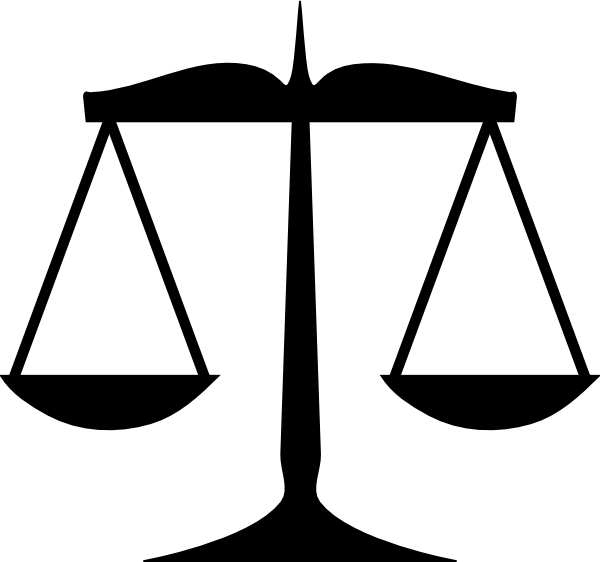Hamlet meets his father's ghost
Coming up: vocabulary power point review on Thursday
vocabulary quiz on Friday
In class: review of Act I, scenes 1 and 2 through the soliloquy.
Right now is you last opportunity to turn in those two graphic organizers.
Start or finishing for some Hamlet II.ii to the end. Class handout / copy below.
Listening to Act I. iii Laertes and Ophelia's conversation

Name________________________ Hamlet I.ii
1. Look at the following lines and
decide where Claudius’ oxymorons (figurative language term for contrasting
terms) falls: I.ii.10-15.
Negative feeling: dole Positive feeling: delight
funeral mirth
dropping auspicious
dirge marriage
defeated joy
2. Why has Laertes come to Denmark and
to where does he wish to return? (I.ii.50-53).
"To show my duty to your coronation" "Your leave and favor to return to France"
3. Hamlet makes his sullen entrance.
When Claudius asks him: “How is it that the clouds still hang on you?”
(I.ii.67), Hamlet replies: “Not so, my lord. I am too much in the
sun.”(I.ii.67). Explain this pun.
The pun is on the word "sun". Hamlet is referencing himself as King Claudius' "son" and that is why he is sad or under the clouds.
4. What reasons does Claudius give to
Hamlet, so that the prince will stop grieving over his father’s death? (I.ii.
94-99).
1.obstinate condolement 2. impious stubborness
3. unmanly grief 4. incorrect to heaven
5. undstanding simple 6. peevish opposition vulgar unschooled
Name___________________
Hamlet (I.ii.129-58)
(I.ii.129-58).
O that this too too solid flesh would melt,
Thaw, and resolve itself into a dew! Or that the Everlasting had not fix'd His canon 'gainst self-slaughter! O God! O God! How weary, stale, flat, and unprofitable Seem to me all the uses of this world! Fie on't! O fie! 'tis an unweeded garden, That grows to seed; things rank and gross in nature Possess it merely. That it should come to this! But two months dead! — nay, not so much, not two: So excellent a king; that was, to this, Hyperion to a satyr; so loving to my mother, That he might not beteem the winds of heaven Visit her face too roughly. Heaven and earth! Must I remember? Why, she would hang on him As if increase of appetite had grown By what it fed on: and yet, within a month, — Let me not think on't, — Frailty, thy name is woman! — A little month; or ere those shoes were old With which she followed my poor father's body Like Niobe, all tears; — why she, even she, — O God! a beast that wants discourse of reason, Would have mourn'd longer, — married with mine uncle, My father's brother; but no more like my father Than I to Hercules: within a month; Ere yet the salt of most unrighteous tears Had left the flushing in her galled eyes, She married: — O, most wicked speed, to post With such dexterity to incestuous sheets! It is not, nor it cannot come to good; But break my heart, — for I must hold my tongue! |
1.
The Everlasting has "fixed / his canon 'gainst self slaughter."
2.
"Things rank and gross in nature / possess it merely." Hamlet is referring to his mother's marriage to Claudius.
3. Hamlet compares his father King
Hamlet to his Uncle Claudius as Hyperion to a satyr. Explain. Hyperion was the Titan god of light, whilst a satyr is half-goat / half-man.
4. What words of Hamlet’s excuse his
mother’s behavior?
Frailty, thy name is woman!
5. What was the time frame between
King Hamlet’s demise and Queen Gertrude’s remarriage?
6. How will Hamlet handle the
situation?
Hamlet says that he "must hold [his] tongue."
|
Name__________________________ Hamlet II.ii after Hamlet’s soliloquy
Hamlet has just delivered his first soliloquy, and realizes he “must hold [his] tongue” (I.ii.158). Now his friend Horatio makes an appearance; he will impart some very important news.
1. What reason does Horatio give to Hamlet for his visit to Denmark? ((I.ii.176)
2. With what does Hamlet retort as the true reason for Horatio’s visit? ((I.ii.178)
3. PARAPHRASE* the following said by Hamlet to Horatio:
“ Thrift, thrift, Horatio. The funeral baked
meats
Did coldly furnish forth the marriage tables”(I.ii.180-3).
*note that when you paraphrase you should as best as possible use synonyms
________________________________________________________________________________________________________________________________________________________________________________________________________________________
4. How does Horatio describe the apparition that has appeared to Marcellus, Bernardo and himself? (I.ii.199-202).
5. How does Horatio describe the look on the ghost’s face? (I.ii.232).
6. In your own words, what does Hamlet mean when he says:
“Foul deeds will rise, / Though all the earth o’erwhelm them to men’s eyes”(I.ii.257-58).
__________________________________________________________________________________________________________________________________________________________________________________________
Name
________________________ Hamlet Act i.iii conversation between Laertes and Ophelia and
later Polonius’ advice to his children.
Who is Laertes?
Laertes is a young Danish lord, the son to Polonius (King Claudius’
chief advisor) and brother to Ophelia. He spends a lot of time at college, but
manages to pack much adventure in when he is back home in Denmark.
Who is Ophelia? Ophelia is the daughter of Polonius
and sister to Laertes. She was once Hamlet’s love interest, but he has come to
reject her of late.
Who is Polonius? Father to Ophelia and Laertes and
chief adviser to King Claudius.
Please paraphrase the following lines
from Ophelia and Laertes; that is put into your own words.
1. Laertes speaking: “For Hamlet, and the
trifling of his favor,
Hold it a fashion and a toy in the blood,…
Forward, not permanent, sweet, not lasting,
The perfume and suppliance of minute (I.iii. 5-10)
2. Ophelia speaking: “I shall the effect
of this good lesson keep
…….but, my good brother,
Do not, as some ungracious pastors do
Show me the steep and thorny way to heaven
Whiles…
Himself the primrose path of dalliance treads (I.iii.45-50).
3. Polonius speaks: Using
textual evidence, list 5 pieces of wise advice that Polonius gives Laertes.

No comments:
Post a Comment